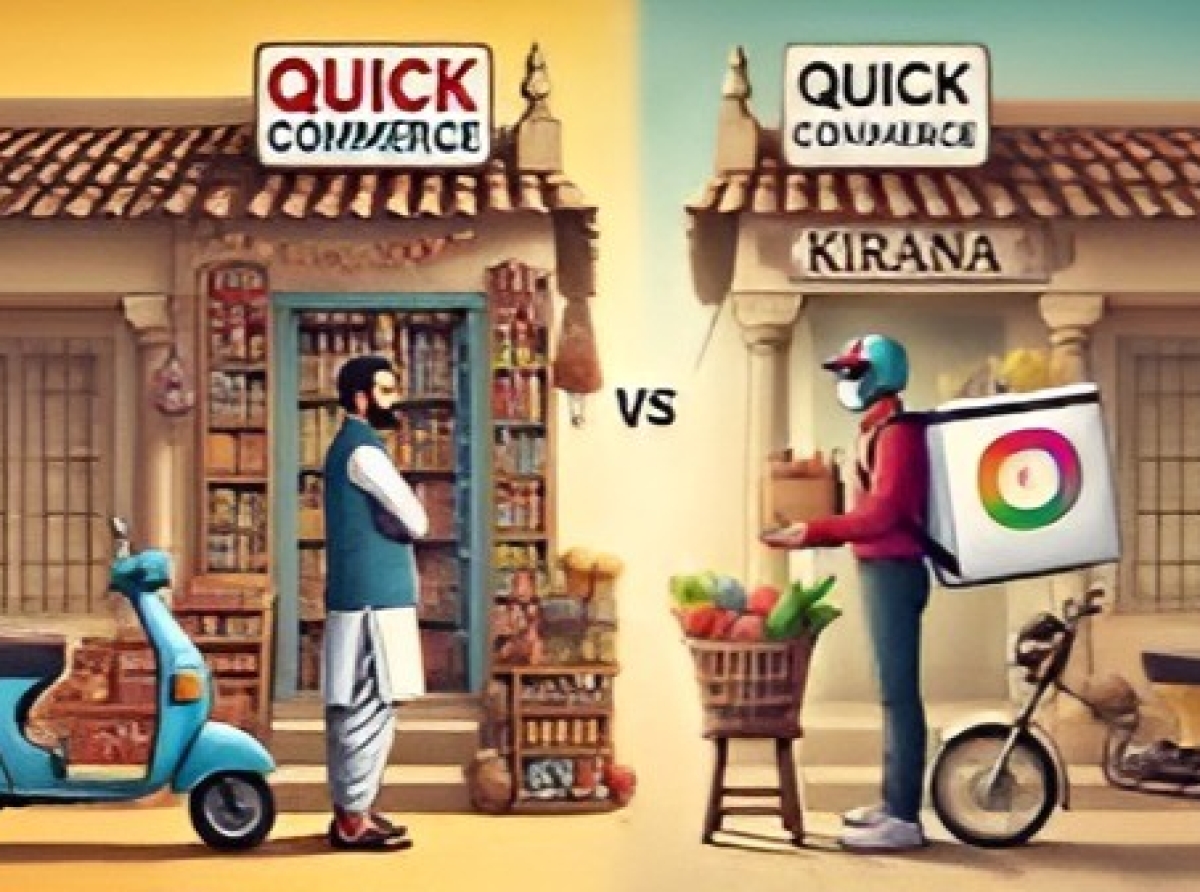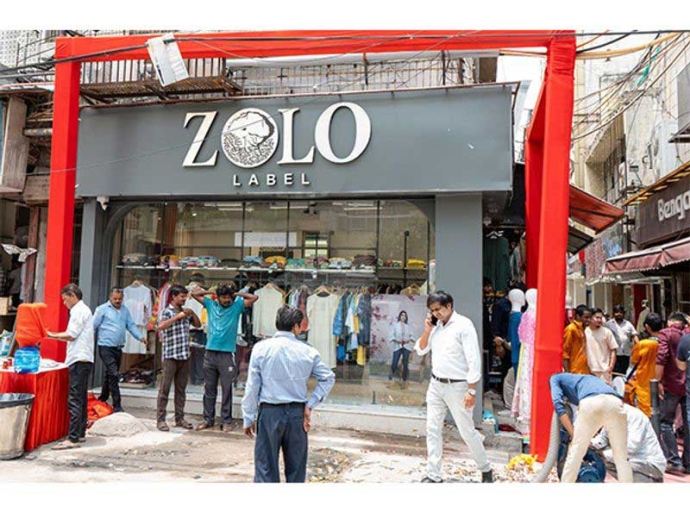Kirana stores losing market share as quick commerce act as disruptors

28 November 2024, Mumbai
A recent report by Datum Intelligence has highlighted the growing impact of quick commerce on traditional kirana stores or corner stores in India. The report reveals the market share of kirana stores has been steadily declining, with a significant portion of consumers shifting their purchases to quick commerce platforms. This trend raises concerns about the long-term viability of kirana stores and their potential impact on the retail landscape.
Highlights of the Datum Intelligence report
Falling market share: Kirana stores' market share has decreased from 95per cent in 2018 to 92.6 per cent in 2023 and is projected decline further to 88.9 per cent by 2028.
Consumer shift: 46 per cent of quick commerce users have reduced their purchases from kirana stores, and over 82 per cent have shifted at least 25 per cent of their purchases to quick commerce platforms.
Quick commerce growth: The quick commerce segment is expected to grow at a CAGR of 48 per cent during 2023-28, driven by consumer demand for convenience and speed.
Threat to kirana stores
The rapid growth of quick commerce poses a significant threat to the existence of kirana stores. The convenience, speed, and wide range of products offered by quick commerce platforms are luring consumers away from traditional stores. Additionally, aggressive marketing tactics and deep discounts of quick commerce players are eroding the market share of kirana stores. This puts their future in jeopardy. However, despite the threat, it is unlikely that they will completely shut down. Kirana stores have been an integral part of India's retail landscape for decades, and they still hold a significant advantage in terms of customer relationships, personalized service, and credit facilities. However, to survive in the face of growing competition from quick commerce, kirana stores will need to adapt and innovate.
Affects on small apparel/fashion stores
While the primary focus of quick commerce has been on grocery and daily essentials, its impact on small apparel and fashion stores is likely to be limited. The nature of apparel and fashion products, which often require physical examination and try-on, makes it less suitable for online shopping. However, online marketplaces and e-commerce platforms are still posing a significant challenge to small apparel and fashion stores, especially those that lack a strong online presence.
Thus the rise of quick commerce is undeniably disrupting India’s traditional retail landscape. Small stores that have been the backbone of the retail sector, are facing significant challenges. To survive they will need to embrace technology, improve their services, and build stronger customer relationships. Policymakers too need to create a level playing field for both traditional and online retailers.
Latest Publications

































